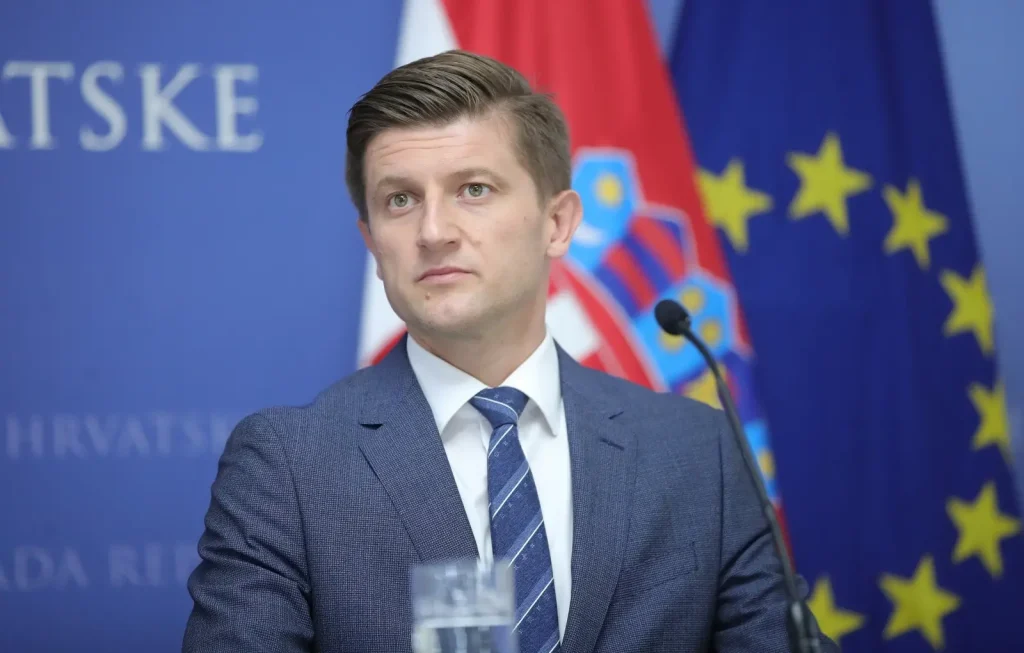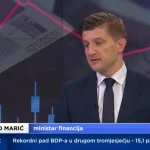In an interview with the N1 broadcaster, Milić said that Marić had informed Prime Minister Andrej Plenković of his plan to leave the government a few weeks ago and that he attended today’s meeting of the inner cabinet and would address members of the parliamentary majority and HDZ party leadership later today.
“He had an emotional address before the government and said that his decision was difficult for him,” Milić said, noting that with regard to the reasons and circumstances of his departure, Marić would be available for comment on Thursday, before or after the regular government session.
Milić said that the government would “continue to work as it has so far”, adding that the choice of Marić’s successor – Marko Primorac of the Zagreb Faculty of Economics, “is a message of stability and continuity”.
He said that Primorac’s appointment would be completed by the start of the parliament’s summer recess, July 15.
Meanwhile, Minister Marić will travel to Brussels to attend a session of the Economic and Financial Affairs Council (ECOFIN), which will complete the process of Croatia’s accession to the euro area. ECOFIN’s decision is expected on 12 July.
Asked if Marić had told the PM the reason for his decision to leave the government, Milić did not give an explicit answer, calling for calming down and “not generating panic or chaos.”
The government spokesman does not believe Marić’s decision to leave is reason for an early election, adding that the Opposition “should pray God we do not go to elections” considering the state it is in.
He said that the government was grateful to Marić but that it had to move on because the challenges were big, with a difficult yet not cataclysmic autumn ahead.
Speaking of Croatia’s having lost an arbitration case brought by MOL, which alleged that the Croatian government did not honour its obligations from a gas business agreement, Milić said the report about the loss of the case was not carried in its integral form and that a large part of MOL’s demands had been rejected, that the potential financial damage of $1.1 billion had been reduced to €184 million, and that with interest it amounted to just above $200 million.
Milić said the government accepted the arbitration decision but would continue to use the legal instruments at its disposal and that the payment of damages to MOL would not pose a major problem for the state budget.
As for a possible new set of measures to help citizens and the business sector with rising prices, Milić said the government would “be with citizens and the business sector as long as necessary” but that it was not the only market actor and that others, too, had to shoulder some of the burden.
In that context, he announced the continuation of talks with small fuel distributors, describing their announcement that they would have to close down as an instrument of pressure.
The government’s decree on fuel wholesale prices is not a blow to small distributors but will affect their profit, he said.
For more, check out our politics section.











